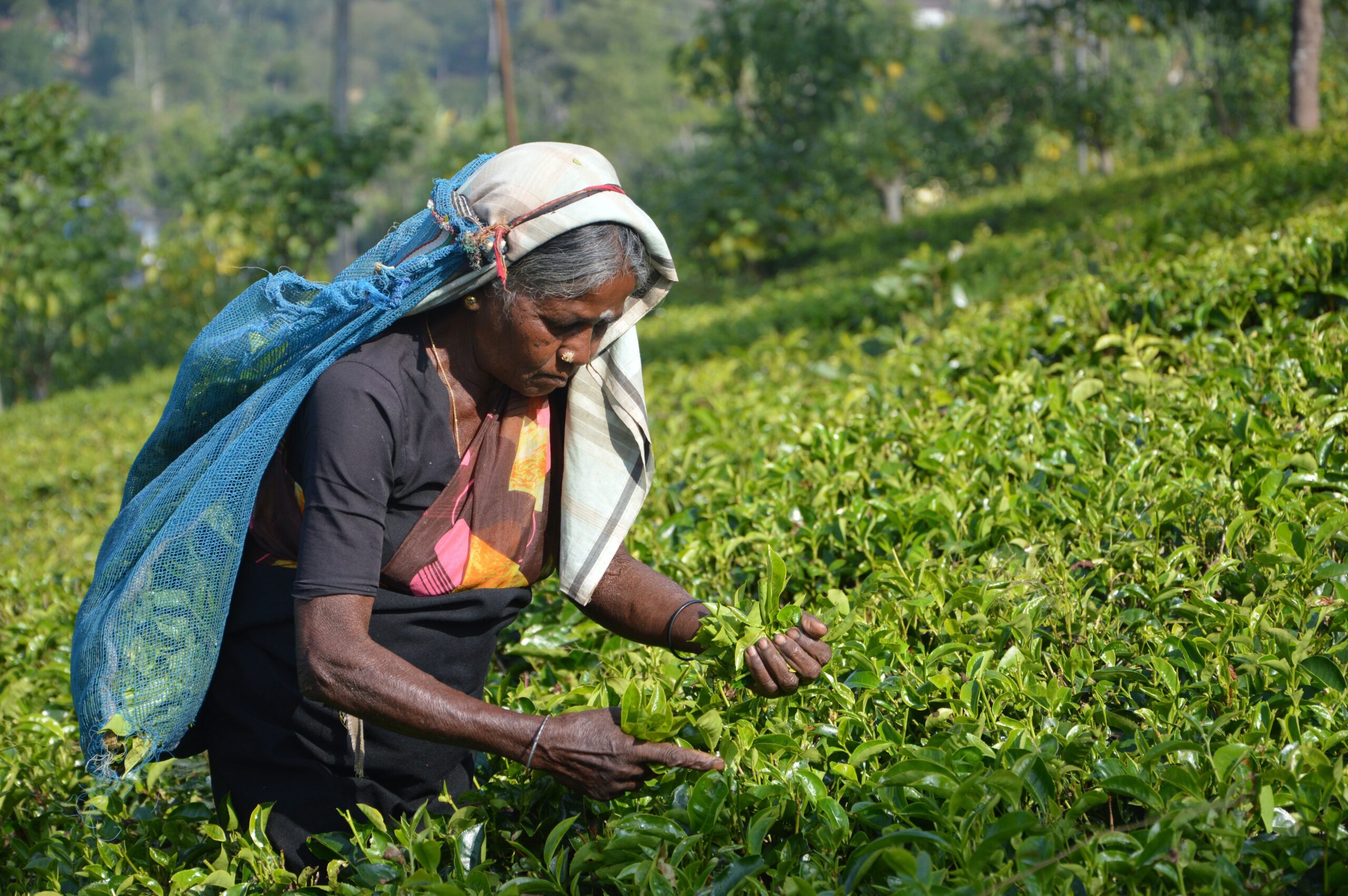The National Peace Council (NPC) in Sri Lanka has issued a compelling call to the government to address the plight of plantation workers, with a specific focus on the Malaiyaha Tamil community.
In a recent statement, the NPC highlights the historic struggles faced by this community and stresses the need for reparations, including increased wages, land ownership rights, and equal treatment. The pressing issue has gained international attention as hundreds of Malaiyaha community members embark on a 16-day foot march to shed light on their age-old struggle and advocate for fundamental rights as citizens.
Marking the 200th Anniversary of the Malaiyaha Tamil people in Sri Lanka, the recent march from Talaimannar to Matale (252 kilometres), which ended August 12 in Matale, retraced the arduous path of the original migrants. The NPC and like-minded civil society organizations actively participated in these events, aiming to raise awareness about the Malaiyaha Tamil people’s integral role in the nation’s plural society and their equal rights as Sri Lankan citizens.
The Malaiyaha Tamil community’s journey has been marked by historical injustices, particularly the denial of citizenship by the newly independent government in 1948. These deprivations continue to affect the community’s living conditions and wage levels. The NPC emphasises that the community seeks integration rather than separation, urging for equal political, economic, and dignified rights. The council strongly asserts that denying this equality is unacceptable, considering the community’s significant contributions to the national economy over the past two centuries.
One of the critical concerns highlighted by the NPC is the grossly inadequate wage levels of plantation workers, which need urgent attention. The council urges the government to restructure the plantation sector in line with modern standards seen in other tea-growing countries. Additionally, allowing plantation residents to purchase their land and own homes is vital to improve their living conditions. The recent incident of a house being broken on the plantations underscores the need for justice and reparation to address decades of injustice.
The commitment made by the government in 2016 to allocate seven perches of land for housing to plantation workers needs swift implementation, applicable to all state-owned plantations regardless of management. The budget proposals for 2017 also address the provision of clear title deeds for land ownership and housing improvement for plantation families.
The 16-day foot march by the Malaiyaha community highlights their historical migration from southern India to work on British-era tea and rubber plantations. With around 105,000 community members contributing significantly to the nation’s economy through their labour, their current reality paints a stark contrast of poverty and vulnerability. Despite being a global tea export leader, Sri Lanka’s tea workers, primarily from the Malaiyaha Tamil community, remain among the poorest, lacking land ownership and living under the constant threat of eviction.
Though majority of Tamil Malaiyaha’s are Hindus, there is a significant population of 14.8 percent Christians including Catholics, said a Christian leader who does not want to be named, while speaking to Christian Today from Sri Lanka.
The march has garnered remarkable support, uniting leaders representing Buddhism, Christianity, Islam, and Hinduism, along with civil society members, in solidarity with the Malaiyaha community’s cause. More than half of the tea plantation workforce consists of women from this community, who endure extreme poverty in cramped living spaces.
The historic struggle of the Malaiyaha Tamil community is deeply rooted in a history of structural exclusion, statelessness, and disenfranchisement. The lack of essential infrastructure and limited educational opportunities, and inadequate wages have perpetuated their vulnerability. The call for equal housing and land rights, regardless of caste, religion, or race, resonates as a universal demand for justice and dignity.
Amidst these struggles, international human rights organisations amplify concern for the Malaiyaha community’s rights to freedom of expression and peaceful assembly. As the community continues its struggle, it embodies the echoes of centuries-old struggles, displaying an unwavering commitment to justice, equality, and recognition.
In a pivotal move, the Malaiyaha Tamil community adopted a 13-point declaration earlier this year, encapsulating their unity and resilience and demanding comprehensive justice and recognition as citizens of Sri Lanka.

